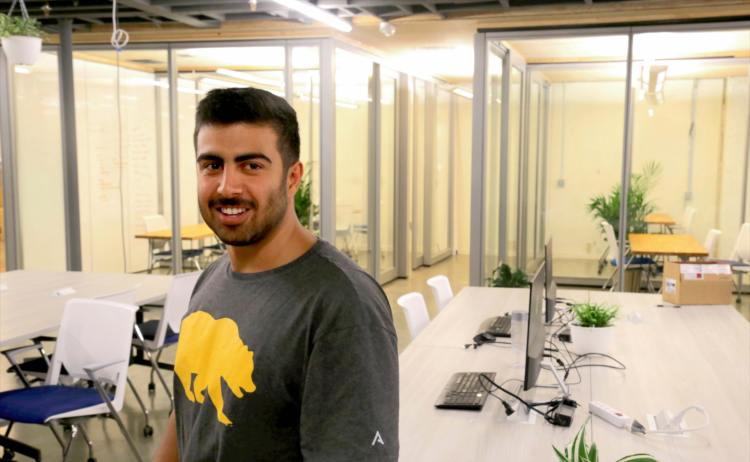Partners in the Berkeley-based House Fund announced Wednesday that they’re doubling down on their efforts to support startups emerging from U.C. Berkeley [Cal]. The group has launched a nonprofit venture that has built a 7,000 square-foot incubator and office space for Berkeley student, faculty, and alumni-founded startups. The facility will also have space to host private and community events.
To support this effort, a $2 million philanthropic fund has been created — dedicated to the incubator — called The House. The capital will also pay employee salaries and other expenses.
“We wanted to provide the missing home for Berkeley’s startup ecosystem,” explained Cameron Baradar, managing director for The House. For the past four years, he has been working with The House Fund’s managing partner, Jeremy Fiance, in reaching out to the area’s startup community. “There is so much activity on Berkeley’s campus, but because it is such a large university, by population, there is a lot of confusion in navigating the campus’ resources. This is directly related to our vision for a startup institute – we want to provide founders with what they need, when they need it, by building pathways of resources for Berkeley’s founders across all stages.”
The House is an extension of Fiance’s venture fund, which debuted in April to fund pre-seed and seed-stage companies with ties to the university. Previously a managing partner with the Dorm Room Fund, Fiance shared at the time why he created this investment vehicle: “I saw a huge investment opportunity after writing an 85-page senior thesis looking at Cal startups over the last decade. Cal is number two for venture-backed startups…the top four schools are Cal, Harvard, MIT, and Stanford…all have funds of more than $100 million; Cal has no fund.”
After securing the $6 million to invest, the next step is to provide more resources for Berkeley-affiliated startups. The House is designed to support UC Berkeley and founders. A portion of the money returned from The House Fund will be used to support The House nonprofit.
Baradar said while the space is free to use, access is through one of the organization’s three initiatives: The House Founders, which supports student entrepreneurs; The House Residency, which supports local startups; and The House Fund, which is the aforementioned $6 million fund Fiance raised.
Perhaps the best way to think about The House is as an office space adjacent to Berkeley’s campus. It follows patterns set by not only venture firms but also corporations that offer startups they support a place to congregate. Described as a “startup institute,” The House is not geared to those who are only staying several months, but rather toward startups that will be around over a 2-6 year timeline and want to have access to thousands of researchers and a large community of alumni.
It’s quite possible that Fiance and his team are looking to find the next big startup, especially after UC Berkeley played a role in the founding of companies like Caviar, Life360, InDinero, Apple, Intel, Niantic, Tesla, Oculus, FireEye, Shazam, Nextdoor, Lithium, Cloudera, Tanium, and DoorDash — all of which have at least one founder from the campus.
VentureBeat's mission is to be a digital town square for technical decision-makers to gain knowledge about transformative enterprise technology and transact. Learn More

